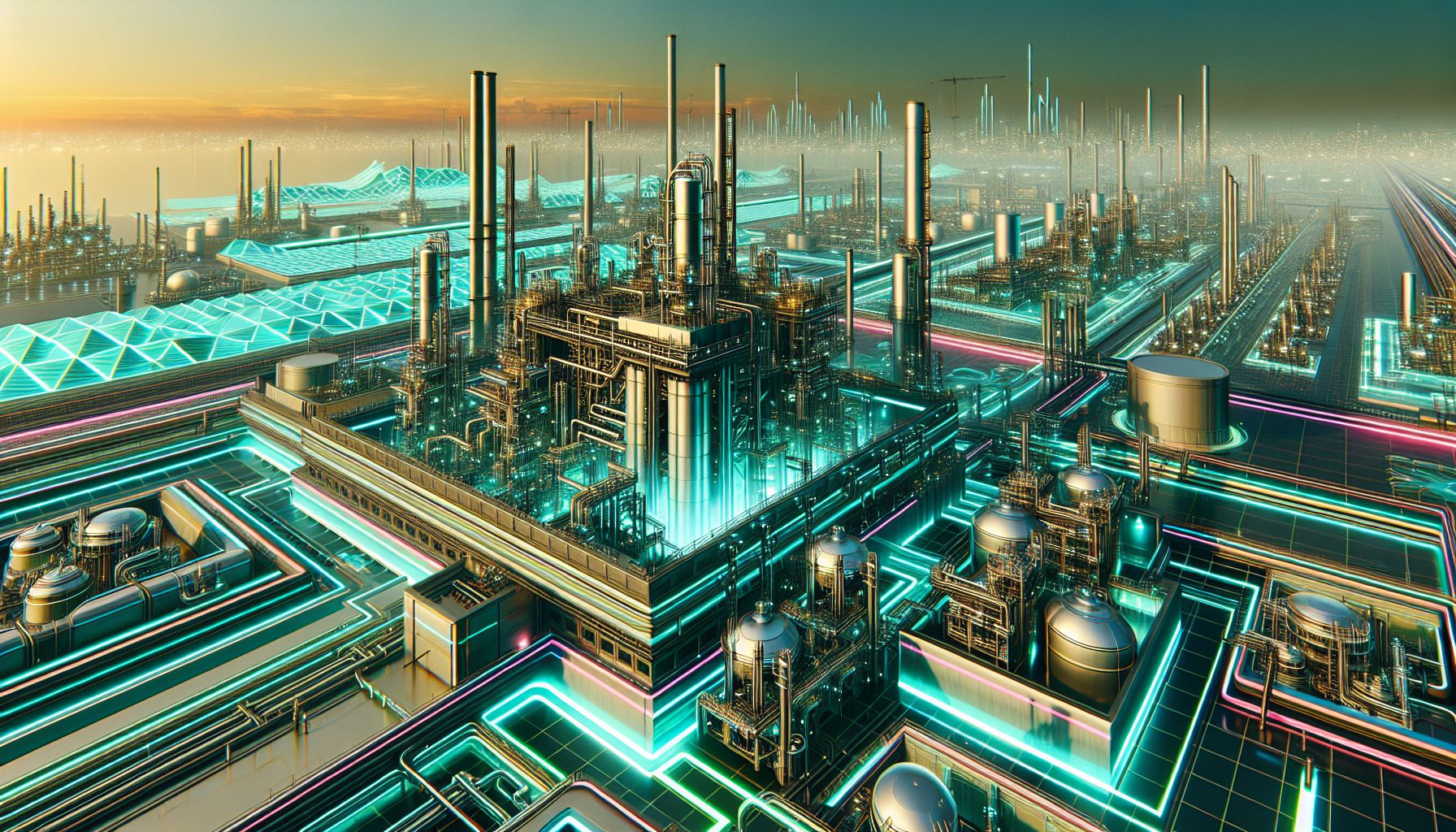India's Bold Leap into Green Hydrogen: A Game-Changer for Global Energy

New Delhi, Friday, 26 September 2025.
India is ambitiously pivoting to green hydrogen, aiming for 5% refinery operations by 2027-28. This move is set to revolutionise the energy sector, reducing carbon footprints and positioning India as a global leader in clean energy.
India’s Green Hydrogen Ambitions
India is setting its sights on becoming a trailblazer in green hydrogen production. By 2027-28, it plans to have 5% of its refinery operations powered by green hydrogen, and by 2029-30, this figure is set to double to 10% [1]. This shift is a critical part of India’s strategy to decarbonise its industries, particularly those heavily reliant on grey hydrogen, such as refining [1].
National Green Hydrogen Mission
The National Green Hydrogen Mission, launched in January 2023, is fueling this ambitious journey with an initial budget of INR 19,744 crore (approximately USD 2.37 billion) [1]. This initiative is not just about cutting emissions; it aims to position India as a global hub for green hydrogen, targeting an annual production of 5 million tonnes by 2030 [1][2].
Driving Down Costs
Recent tenders by state-owned oil companies have already seen green hydrogen prices drop from USD 5.5 to USD 4.4-4.5 per kg [1]. The Strategic Interventions for Green Hydrogen Transition (SIGHT) programme further supports this goal with a budget of ₹17,490 crore (USD 2.1 billion) to incentivise domestic manufacturing of electrolyzers and green hydrogen production [1].
Key Developments and Collaborations
In May 2024, GAIL (India) Ltd. commissioned the country’s first green hydrogen plant in Madhya Pradesh, capable of producing 4.3 tonnes per day [1]. Moreover, the Solar Energy Corporation of India (SECI) has issued tenders to establish 1,500 MW of electrolyzer manufacturing capacity under the SIGHT scheme [1]. These efforts underscore India’s commitment to expanding its green hydrogen capabilities.
Global Leadership and Future Targets
India is not just focusing on domestic energy needs. It aims to capture 10% of the global green hydrogen market, potentially reducing fossil fuel imports by ₹1 lakh crore (€11 billion) by 2030 [1]. The country’s long-term vision includes achieving up to 10 million tonnes per annum (MMTPA) in production, decarbonising sectors like steel and transportation, and enhancing energy security [1][2].